
Recommendation
Commuting to work can be a soul-destroying waste of time. Nevertheless, as COVID-19 forced many employees to work from home, many knowledge workers found that forgoing their commute equated to lost personal time during the day. Journalist Anne Helen Petersen analyzes this paradox. She encourages you to replace your physical commute with a “mental commute” to bookend your day and to prevent your work encroaching on your leisure time.
Summary
About the Author
Journalist Anne Helen Petersen is the author of the newsletter Culture Study, as well as several books that explore culture. She is a former senior culture writer with BuzzFeed.
By the same author
Book
Book
Learners who read this summary also read
Article
Book








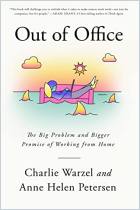



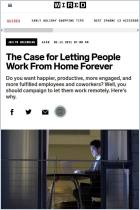
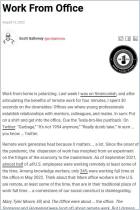


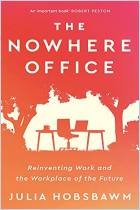
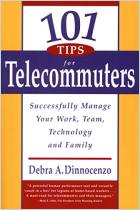


Comment on this summary or Iniciar a Discussão